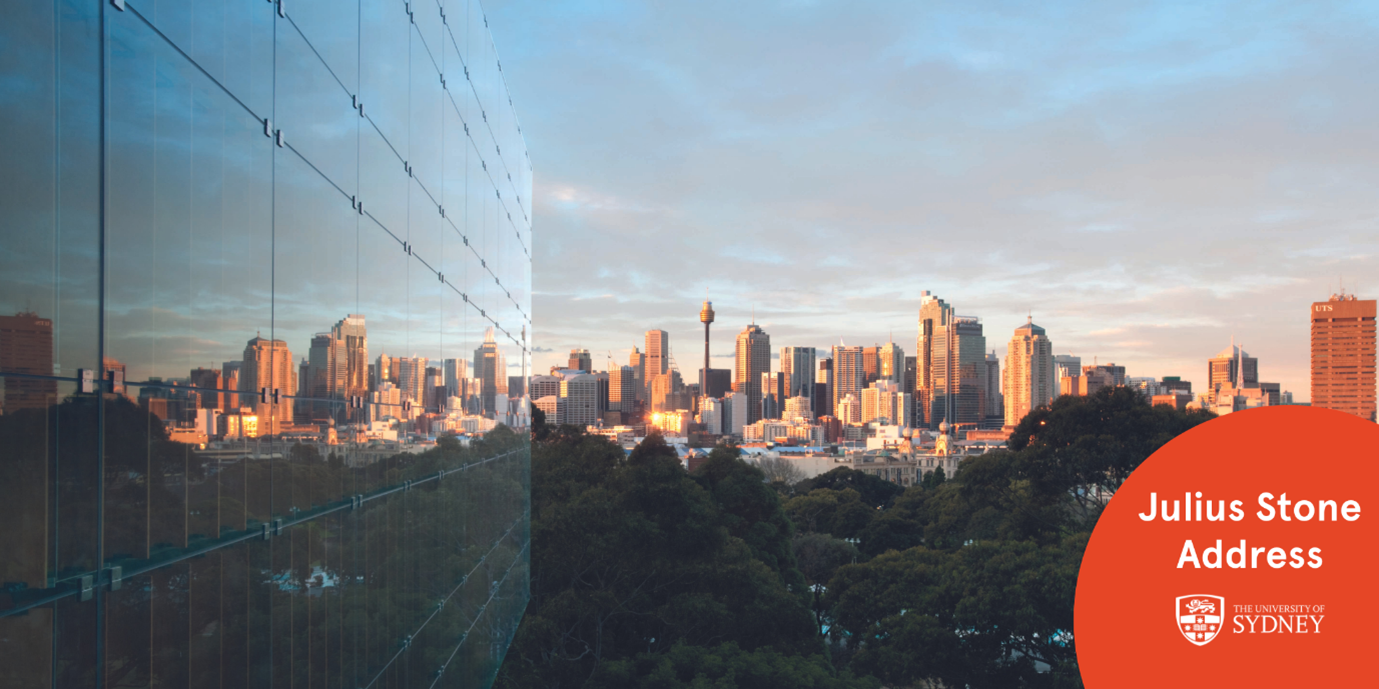Julius Stone Address: The Legal Experience of Injustice
In-person event
In The Faces of Injustice, Judith Shklar criticizes the ‘normal model’ of justice which views injustice as ‘a prelude to or a rejection and breakdown of justice, as if injustice were a surprising abnormality’. Her central insight is that ‘the real realm of injustice … does not stand outside of the gates of even the best known of states. Most injustices occur continuously within the framework of an established polity with an operative system of law in normal times.’ She also offers a second, Hobbesian insight: ‘[w]ithout juridical institutions and the beliefs that support them, there can be no decent, just, or stable social relations, but only anxiety, mutual mistrust, and insecurity’. Since juridical institutions and the beliefs that support them may be necessary for justice, but insufficient to prevent injustice, the insights are perfectly consistent as a matter of abstract logic.
My question is consistency as a matter of a different logic, the logic of legal experience for those in the ‘jural community’, the community of persons subject to law. I argue that such experience shows that certain kinds of injustice are inconsistent with an operative system of law since they create tensions within the jural community that it must resolve to remain operative. I rely on two of Shklar’s examples, the Nazi state and slavery in USA, and two she did not mention, the apartheid state and the ‘parallel state’ of Israel and the Occupied Territories, to show how systems of law offer a legal resource that makes resistance to certain kinds of injustice possible and thus the practice of human rights lawyering. However, at the same time we see that all involved in maintaining an operative system of law, including human rights lawyers and their clients, participate in legitimizing the system. Here I suggest that Shklar underestimated the ability of the legal theories of three important exemplars of the normal model of justice, H.L.A. Hart, Lon Fuller and Ronald Dworkin, to illuminate different aspects of the experience of injustice.
>>>>>>>>>>>>>>>>>>>>>>>>>>>>>>
Thursday 8 December, 6-7.30pm
CPD points =1.5
>>>>>>>>>>>>>>>>>>>>>>>>>>>>>>
About the speaker
Professor David Dyzenhaus
David Dyzenhaus is a professor of Law and Philosophy at the University of Toronto, a Fellow of the Royal Society of Canada and a Corresponding Fellow of the British Academy. He holds the Albert Abel Chair of Law and was appointed in 2015 to the rank of University Professor. He has taught in South Africa, England, Canada, Singapore, New Zealand, Hungary, Mexico and the USA. He holds a doctorate from Oxford University and law and undergraduate degrees from the University of the Witwatersrand, South Africa. In 2002, he was the Law Foundation Visiting Fellow in the Faculty of Law, University of Auckland. In 2005-06 he was Herbert Smith Visiting Professor in the Cambridge Law Faculty and a Senior Scholar of Pembroke College, Cambridge. In 2014-15, he was the Arthur Goodhart Visiting Professor in Legal Science in Cambridge. In 2016-17, he was a Fellow of the Wissenschaftskolleg zu Berlin. In 2020-21, he was a Guggenheim Fellow and a Visiting Fellow of All Souls College, Oxford.
Professor Dyzenhaus is the author of Hard Cases in Wicked Legal Systems: South African Law in the Perspective of Legal Philosophy (now in its second edition), Legality and Legitimacy: Carl Schmitt, Hans Kelsen, and Hermann Heller in Weimar, and Judging the Judges, Judging Ourselves: Truth, Reconciliation and the Apartheid Legal Order. He has edited and co-edited several collections of essays. In 2004 he gave the JC Smuts Memorial Lectures to the Faculty of Law, Cambridge University. These were published by Cambridge University Press in 2006 as The Constitution of Law: Legality in a Time of Emergency. He is editor of the University of Toronto Law Journal and co-editor of the series Cambridge Studies in Constitutional Law. His most recent book is The Long Arc of Legality: Hobbes, Kelsen, Hart (Cambridge, 2022).
Contact
Please contact Dr Kevin Walton ([email protected]) with enquiries about the conference.
This event is hosted by the Julius Stone Institute of Jurisprudence at The University of Sydney Law School.
The Julius Stone Address is generously sponsored by the Educational Heritage Foundation. It is named to commemorate the life and work of Professor Julius Stone, Australia’s foremost legal philosopher and for many years Challis Professor of International Law and Jurisprudence at The University of Sydney.

